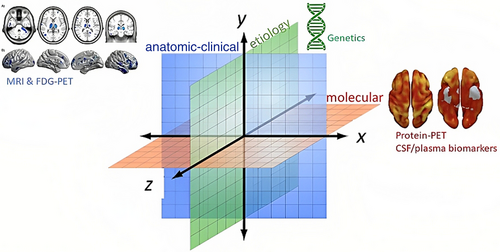Frontotemporal dementia (FTD) is a clinical, genetic and pathological heterogeneous group of neurodegenerative diseases. In this study, we investigated the role of APOƐ4, rs5848 in GRN and rs1042522 in TP53 gene as disease risk factors and/or phenotype modifiers in 440 frontotemporal dementia (FTD) patients, including 175 C9orf72 expansion carriers. We found that the C9orf72 expansion carriers showing an earlier age at onset (p<0.001). Among the clinical groups, the FTD-MND (motoneuron disease) showed the lowest survival (HR=4.12) and the PNFA group showed the highest onset-age (p=0.03). In our cohort, the rs1042522 in TP53 was associated with disease onset (p=0.02) and survival (HR= 1.73) and rs5848 GRN with a significant shorter survival in CC homozygous patients (HR= 1.98). The frequency of APOƐ4 carriers was significantly increased in the C9orf72 non carriers (p=0.022). Although validation of our findings is necessary, our results suggest that TP53,GRN and APOE genes may act as phenotype modifiers in FTD and should be considered in future clinical trials (full text).

